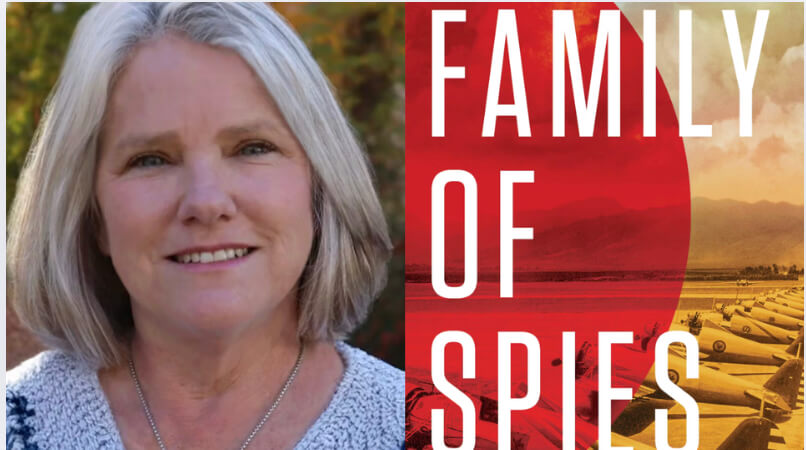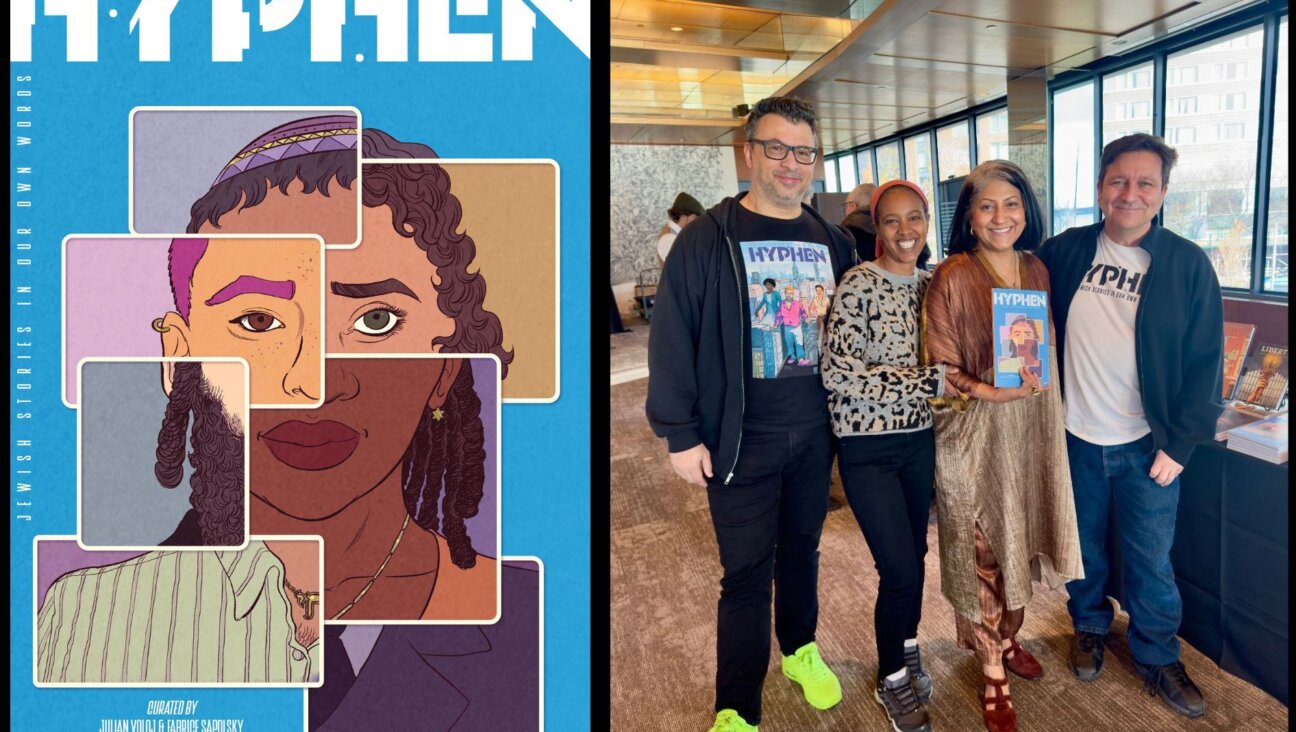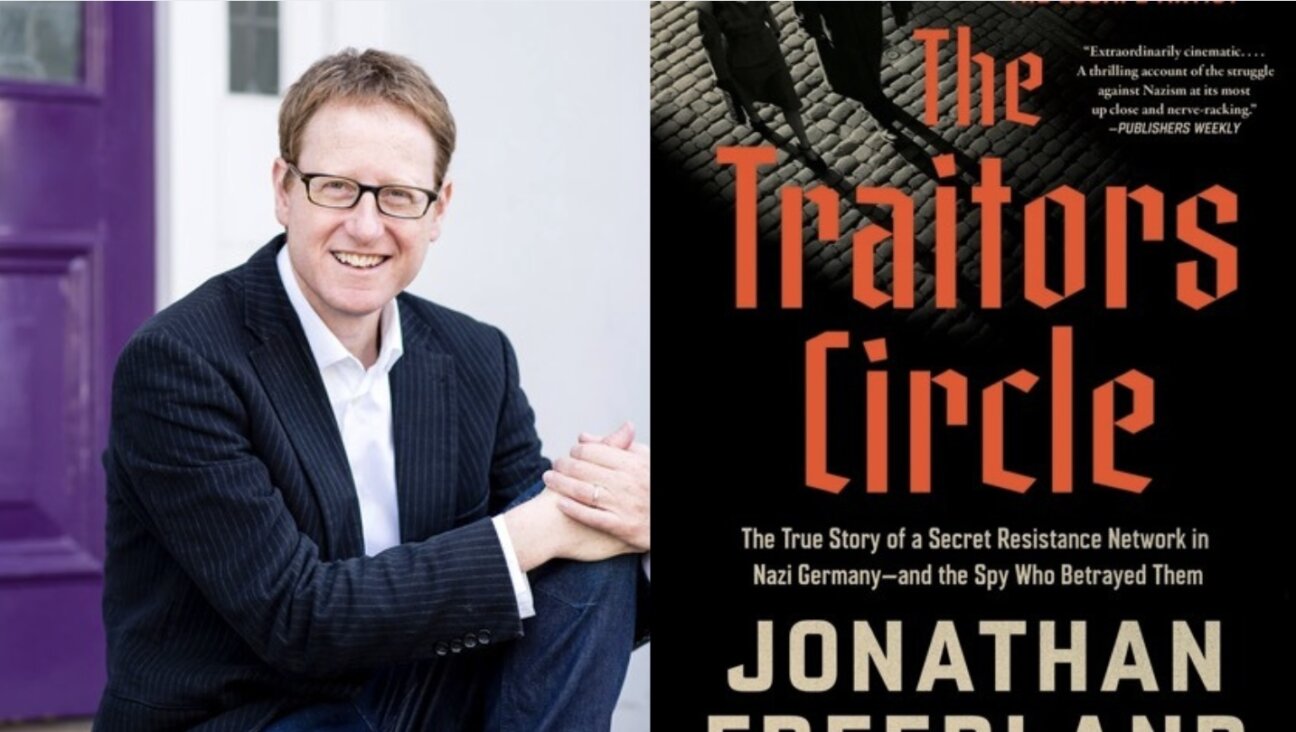Rosh Camping

Graphic by Angelie Zaslavsky
On Tuesday, Haley Tanner wrote about her mother’s blessing. Her blog posts are being featured this week on The Arty Semite courtesy of the Jewish Book Council and My Jewish Learning’s Author Blog Series. For more information on the series, please visit:
Years ago my family decided to take our celebration of [Rosh Hashanah](https://forward.com/schmooze/320610/rosh-hashana/ “Rosh Hashanah”) out of our Conservative synagogue. We were feeling stifled by the long hours sitting in uncomfortable clothes — we were distracted by the outfits, the gossip, the perfume and the fur coats. Rosh Hashanah had lost its meaning for us, and we wanted it back.
My mother is fond of saying that of all the animals on earth, human beings are unique in our ability to step back, to reflect, to separate certain times and days as sacred or special. We knew that we had to maintain the sacredness of the holiday, to separate it from the sameness of other days. For years we had relied on the institution of synagogue to do it for us — now we were on our own. So we took to the woods. We went camping. And we are not avid campers. We are not campers by any stretch of the imagination.
We packed three cars with tents, air mattresses, down blankets, brisket, matzoh ball soup, gefilte fish, challahs, honey cake, apples and honey, white linen table cloth (for the picnic table) and my great-grandmother’s silver candlesticks.
Once we got there, we talked about our year, and the year ahead of us. My parents talked to me and my brother and sister about what they wanted for us as people — about they way they wanted us to be in the world. We succeeded completely in separating ourselves — in creating a sacred space, a bubble around us, where the world did not exist — a place of reflection and escape.
I’ve been asked over and over again about the role of magic in my first novel, “Vaclav and Lena.” I’ve always imagined that the performance of magic is just like storytelling — we all know that the woman is not sawed in half, that the quarter did not disappear. We all know that the characters are fictional, the events a fabrication, but still, we laugh and cry and worry along with them. We suspend our disbelief for a time, and allow ourselves to be carried away to another place, another time — where we escape our everyday lives and are able to explore our minds, hopes and dreams, unhindered by the things we’re distracted by in our everyday lives.
When my family camps out in the woods to celebrate a new year, we light candles, and a sacred time begins. We sit by a fire together, and we can escape the everyday, and think about what we truly want for ourselves, for the year, for each other.
Haley Tanner‘s first novel, “Vaclav and Lena,” is now available.
The Jewish Book Council is a not-for-profit organization devoted to the reading, writing and publishing of Jewish literature. For more Jewish literary blog posts, reviews of Jewish books, book club resources, and to learn about awards and conferences, please visit www.jewishbookcouncil.org.
MyJewishLearning.com is the leading transdenominational website of Jewish information and education. Visit My Jewish Learning for thousands of articles on Judaism, Jewish holidays, Jewish history, and more.
















